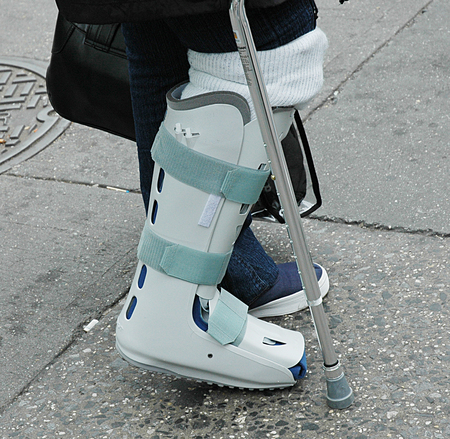
The U.S. Centers for Medicare and Medicaid Services (CMS) issued a Final Rule earlier this week, which created prior authorization rules applicable to particular durable medical equipment, prosthetics, orthotics, and supplies (DMEPOS). The impetus for the rule is CMS’ determination that prior authorization will curb past issues with unnecessary utilization of DMEPOS, saving the government money and enhancing the care of Medicare beneficiaries.
Atlanta and Augusta Business and Healthcare Law Firm
The Social Security Act (the Act) authorizes CMS to periodically revise its list of DMEPOS that is subjected to unnecessary utilization and to develop a prior authorization process for such items. See the Act, § 1834(a)(15). CMS broadly considers “unnecessary utilization” to include “the furnishing of items that do not comply with one or more of Medicare’s coverage, coding, and payment rules.” The Final Rule creates a Master List of specific DMEPOS potentially subject to prior authorization. The so-called “Master List,” together with pertinent other information regarding the list, can be accessed via this link. An items presence on the Master List does not automatically create a prior authorization requirement. CMS will implement a subset of items on the Master List, a “Required Prior Authorization List,” which will be published in the Federal Register with 60 days’ notice before implementation.
According to CMS, “The OIG provides independent and objective oversight that promotes economy, efficiency, and effectiveness in the programs and operations of HHS. OIG’s mission to protect the integrity of HHS programs is carried out through a network of audits, investigations, and inspections. The OIG audits and evaluates the performance of HHS programs and their participants. In some cases, OIG reports disclose aberrant billing utilization data or high incidences of improper payments for particular items or services.” The new prior authorization requirement is driven by strong financial incentives f for the government. CMS has determined that the Final Rule will save the government about $57 million over the next five years and about $212 million over ten years. CMS believes the benefits of the Final Rule are limited to economic benefits, however, and that the rule will enhance care: “The overall benefits of this final rule include a change in billing practices that also enhances the coordination and collaboration of care between the primary care provider and the supplier to provide the most appropriate DMEPOS item to meet the needs of the beneficiary.”
The process for obtaining prior authorization, where required, is described in the Final Rule. The process requires preparation and submission of relevant documentation. Upon receipt of the submission, Medicare or its review contractor will make an authorization determination within ten (10) business days. A resubmission will be determined within twenty (20) business days. An expedited process is available where the life or health of a Medicare beneficiary would be jeopardized by the standard time frames.
If you have questions about this blog post, you may contact our Georgia business and healthcare law firm with your feedback or for additional information, by emailing us at info@hamillittle.com, or calling our Atlanta or Augusta office.
Source: CMS Press Release
Disclaimer: Thoughts shared here do not constitute legal advice. Please consult with an attorney to discuss your legal issue.
 Total Health Law Blog
Total Health Law Blog

